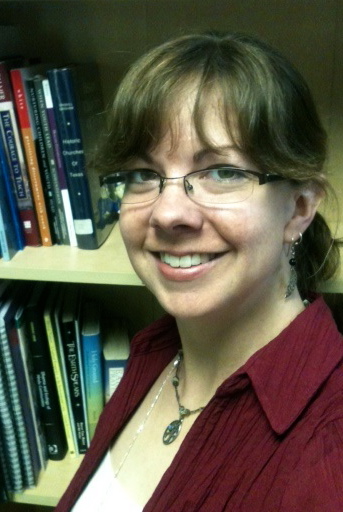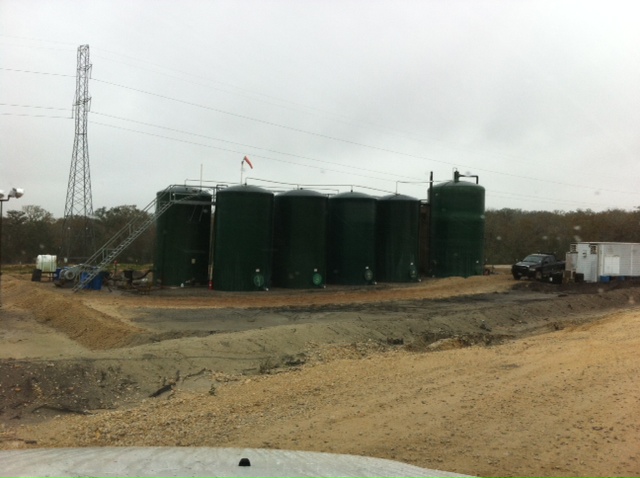Statement from the Rev. Cn. Sally Bingham, Interfaith Power & Light President
“Interfaith Power & Light strongly opposes the Keystone XL tar sands oil pipeline on moral grounds because of the extraordinary threat to the global climate, the environment, and to America’s water and food supply. An energy policy that moves the nation toward an even dirtier and more dangerous form of oil, and involves such devastation of God’s Creation, represents a profound moral failure.
“It is misleading for the U.S. State Department to call its latest draft the ‘final’ Environmental Impact Statement prior to the completion of the public input process. There are many important environmental, economic, health, and security implications that must be fully examined, as Secretary of State Hillary Clinton has promised. Interfaith Power & Light sees several reasons why this project is not in the national interest and feels that full consideration of these concerns must not be short-circuited.
“While the project is being framed as a solution to America’s energy needs, the pipeline is actually aimed at America’s Gulf ports and global export. The project will deliver to the world’s markets very dirty, very difficult to extract oil from the tar sands of Alberta, Canada. Tar sands oil emits up to 82% more carbon pollution than conventional oil according to the Environmental Protection Agency. Leading scientists have registered their opposition to this project, stating that exploiting the tar sands, on top of conventional fossil fuels, will ‘leave our children and grandchildren a climate system with consequences that are out of their control.’ How the report can then conclude the project will have ‘no significant impacts’ defies common sense. We don’t have to do this. The new fuel economy standards for cars and trucks proposed by the Administration will save an estimated 2.5 million barrels of oil a day by 2030 – more than double the amount this pipeline will deliver, and without the risk. As Americans and people of faith, how can we allow this to happen? God gave us the responsibility to be good stewards of Creation and to love our neighbors both local and global.
“All citizens in all impacted localities must have a chance to weigh in during the State Department public hearings in September and October. What new insights will be revealed? The proposed path of the pipeline runs directly over and through nation’s largest aquifer. The Ogallala Aquifer provides 30% of America’s drinking water and irrigates the nation’s Midwest and southern farms — a region known as America’s Breadbasket because it produces so much of our nation’s food.
“Proponents are quick with reassurances of safety and reliability, but TransCanada’s Keystone I has experienced a dozen leaks in its first year, including this spring’s 500-barrel gusher in North Dakota, which forced the Obama administration to shut it down. A similar oil pipeline ruptured in the Yellowstone River last month, spilling 42,000 gallons of crude oil that has contaminated the once pristine waterway for 80 miles. All of this in the wake of the Gulf tragedy makes one wonder, when will we learn that oil and water don’t mix? Risking contamination to our precious water and food resources is morally irresponsible.
“This project undermines American values and global leadership on the issue of climate and environment, and jeopardizes life on the planet. We look to President Obama to lead America into a time of exciting and hopeful change fueled by a clean and sustainable energy future for this and generations to come.”
###
Interfaith Power & Light is mobilizing a religious response to global warming in more than 14,000 congregations through the promotion of energy conservation, energy efficiency, and renewable energy.
www.interfaithpowerandlight.org
FOR IMMEDIATE RELEASE
August 29, 2011
Contact: Andrée Duggan
Interfaith Power & Light
(415) 561-4891 x11
andree at theregenerationproject dot org


 If future generations are to remember us more with gratitude than sorrow, we must achieve more than just the miracles of technology. We must also leave them a glimpse of the world as it was created, not just as it looked when we got through with it.
If future generations are to remember us more with gratitude than sorrow, we must achieve more than just the miracles of technology. We must also leave them a glimpse of the world as it was created, not just as it looked when we got through with it. As the U.S. State Department is considering whether to approve a request from TransCanada to construct the
As the U.S. State Department is considering whether to approve a request from TransCanada to construct the  We are thrilled to announce that the Reverend Canon Sally Bingham, President and Founder of the national
We are thrilled to announce that the Reverend Canon Sally Bingham, President and Founder of the national  Amanda Yaira Robinson Joins GreenFaith's National Fellowship Program
Amanda Yaira Robinson Joins GreenFaith's National Fellowship Program  Our September interfaith environmental conference call is scheduled for Wednesday, September 21st at 12:00 p.m. On this call, we'll dig a little deeper into the process of hydraulic fracturing for natural gas, or "fracking," with two notable guest speakers. We are excited to have
Our September interfaith environmental conference call is scheduled for Wednesday, September 21st at 12:00 p.m. On this call, we'll dig a little deeper into the process of hydraulic fracturing for natural gas, or "fracking," with two notable guest speakers. We are excited to have